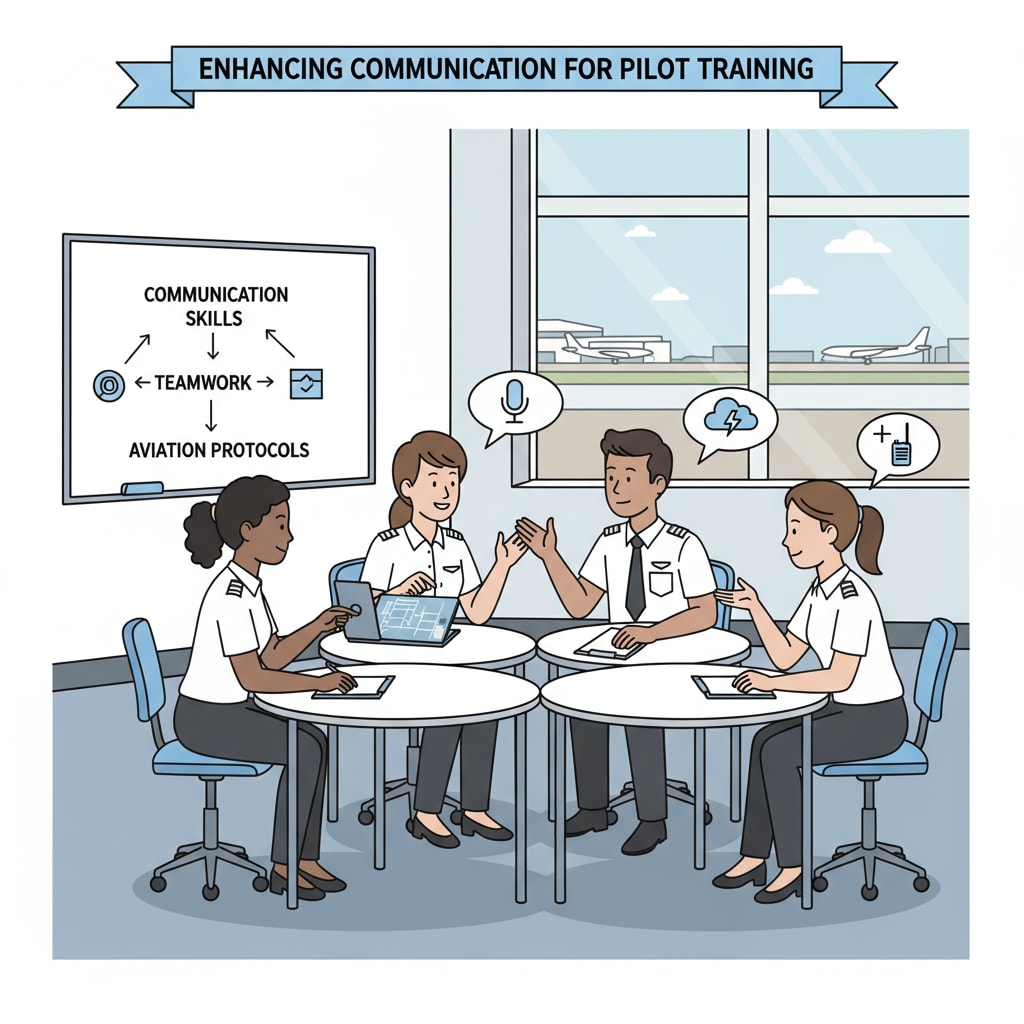Pilot skills, communication ability, decision-making ability, and situational awareness are essential for those aspiring to take to the skies. In the K12 education phase, laying a solid foundation for these skills is crucial. Future pilots need to be equipped with a diverse set of capabilities from an early age to succeed in this demanding profession.

The Importance of Communication Skills
Communication is the lifeblood of aviation. Pilots must communicate effectively with air traffic control, ground crew, and their co-pilots. In K12 education, activities like group projects, presentations, and debates can enhance students’ communication skills. For example, group projects require students to express their ideas clearly, listen actively, and collaborate. This is similar to the communication needed in the cockpit. Communication skills on Wikipedia
Decision-Making Under Pressure
Decision-making is another critical aspect for pilots. They often face high-pressure situations where split-second decisions can mean the difference between safety and disaster. K12 educators can introduce problem-solving activities and simulations. These experiences help students learn to analyze situations, weigh options, and make informed decisions. For instance, science experiments that involve troubleshooting can mimic the decision-making processes in aviation. Decision-making on Britannica

Technical knowledge forms the basis of a pilot’s capabilities. In K12, emphasizing subjects like mathematics, physics, and computer science is vital. Math helps with navigation and flight calculations, while physics explains the principles of flight. Computer science is essential for understanding avionics systems. By building a strong foundation in these subjects, students are better prepared for the technical aspects of pilot training.
Cultivating Situational Awareness
Situational awareness allows pilots to understand their surroundings and anticipate potential issues. K12 education can incorporate activities such as map reading, weather studies, and even role-playing games. Map reading enhances spatial awareness, and weather studies help students understand how different conditions can impact flight. Role-playing games can simulate real-life scenarios where situational awareness is key.
Adaptability is also a core ability for pilots. The aviation environment is constantly changing, and pilots need to adjust quickly. K12 schools can encourage students to step out of their comfort zones, participate in various extracurricular activities, and learn from different cultures. This broadens their perspective and helps them develop the adaptability required for a career in aviation.
Readability guidance: By focusing on these areas in K12 education, we can better prepare future pilots with the necessary communication, decision-making, technical knowledge, situational awareness, and adaptability skills. These skills are not only crucial for a successful aviation career but also for personal growth and development.


